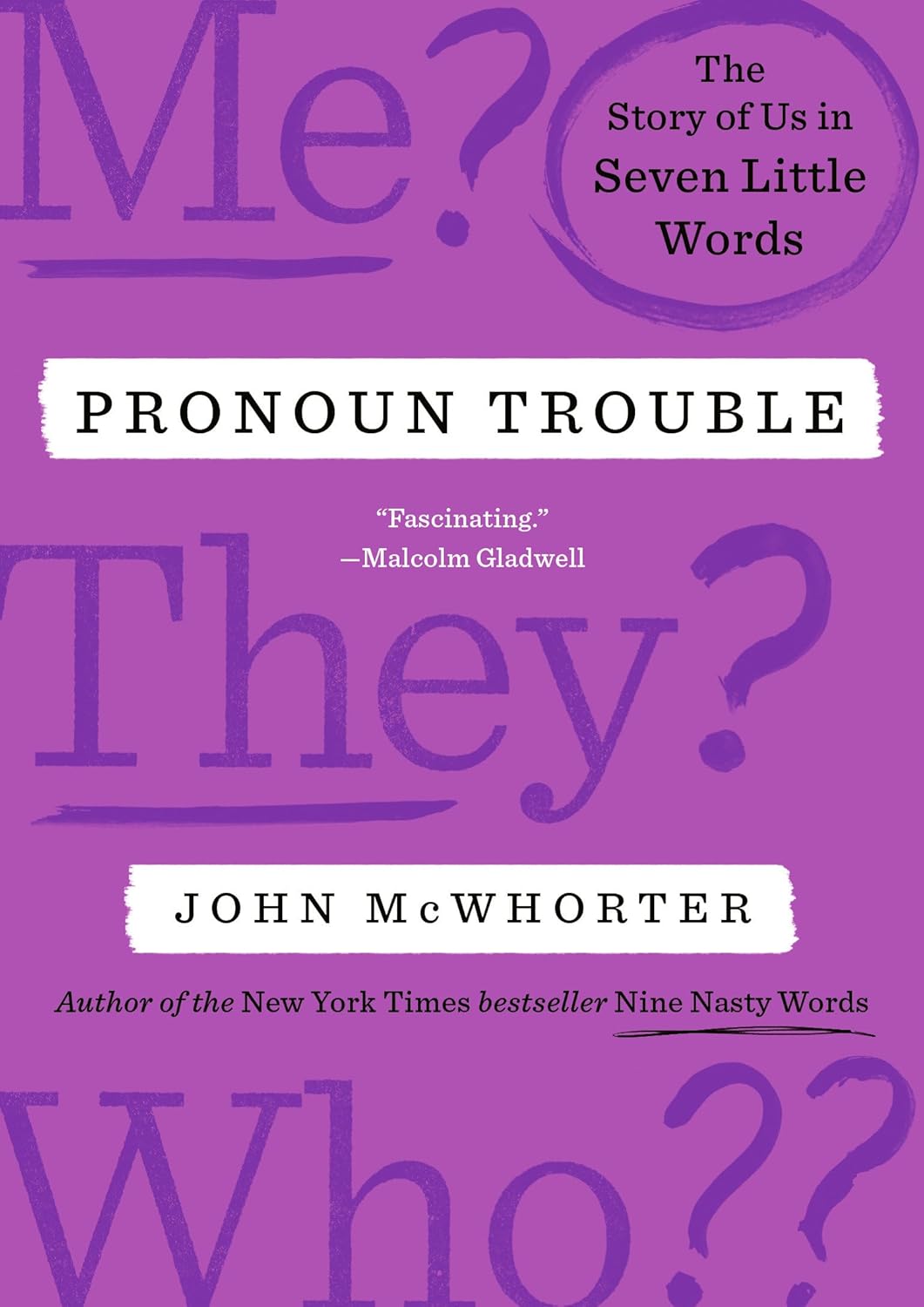
The Stuff of Thought: Language as a Window into Human Nature
Book Description
What if the words we choose reveal the deepest truths of who we are? In "The Stuff of Thought," Steven Pinker unveils the intricate connections between language and the human psyche, exploring how our choice of words reflects emotions, societal norms, and the very fabric of our relationships. From the shock of swearing to the nuances of metaphor, each chapter dives into the power of language to shape reality, confront taboos, and uncover hidden desires. Prepare for a journey that challenges perceptions and ignites debate. What does your language say about your innermost thoughts?
Quick Book Summary
In "The Stuff of Thought," Steven Pinker explores the profound relationship between language and thought, arguing that the words we use shape—and are shaped by—our cognition and cultural context. Drawing on insights from linguistics, psychology, philosophy, and neuroscience, Pinker reveals how our choice of words reveals deep truths about how we perceive causality, time, space, relationships, and emotions. He dissects everyday phenomena, from swearing and naming to metaphor and indirect speech, illustrating that language offers a unique window into human nature. By examining how we communicate, Pinker shows we can understand not only how our minds work but also how we relate to others and navigate complex social realities. Ultimately, the book demonstrates that language is not just a tool for communication—it's central to how we make sense of the world and ourselves.
Summary of Key Ideas
Table of Contents
Language as a Mirror of Human Thought
Steven Pinker opens by making the case that language is much more than a means of transmitting information—it's an intricate reflection of human consciousness. The shapes of our sentences, the words we find necessary or unnecessary, and the categories we express all hint at the underlying architecture of our minds. Pinker analyzes how the way we talk about space, time, and causality exposes how we mentally organize the world. From a simple preposition to complex verb tenses, language encodes the invisible frameworks guiding human thought.
How Words Encode Concepts and Relationships
The book delves into how words serve as containers for meaning, carrying our concepts across generations and cultures. Pinker explains how the specifics of naming—the choice of words, proper names, euphemisms, and neologisms—illustrate the human inclination to categorize reality. He shows that words not only reflect mental categories but also shape how we perceive and remember events, relationships, and social hierarchies.
The Function and Evolution of Taboo Language
Pinker then tackles taboo language, investigating why swearing and curses evoke such intense reactions. He argues that taboo words are powerful because they tap primal emotions, social boundaries, and cultural taboos. The history and use of swear words reveal how language can serve both to shock and to solidify group identity, and demonstrate the intimate connections between language, emotion, and social norms.
Metaphor and the Shaping of Reality
The role of metaphor takes center stage as Pinker demonstrates that we use concrete terms to understand and express abstract concepts. Metaphors shape not only how we communicate but also how we think—impacting fields as diverse as politics, law, and science. By mapping the physical onto the intangible, metaphors enable us to grasp and reason about the complex world around us, laying bare the machinery of conceptual thought.
Indirect Speech and Social Dynamics
Finally, Pinker explores indirect speech—why we so often say things without saying them directly. Indirection, such as innuendo, politeness, or veiled threats, serves crucial social functions. Pinker unpacks the psychology behind this behavior: maintaining relationships, negotiating power dynamics, and balancing honesty with tact. Through these examples, he illustrates how language is not only a window into our thoughts but also a tool shaped by and for navigating complex human interactions.
Download This Summary
Get a free PDF of this summary instantly — no email required.





